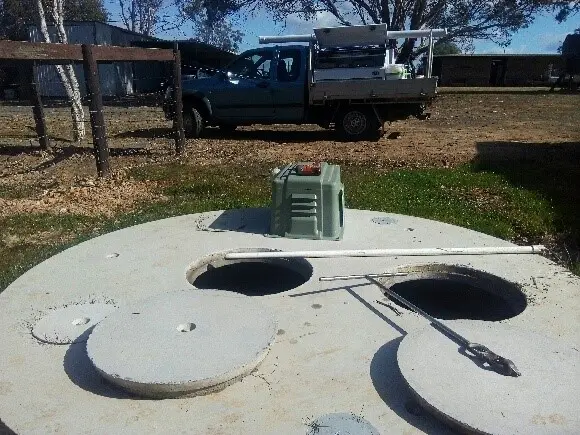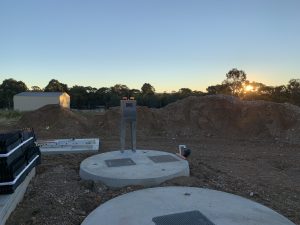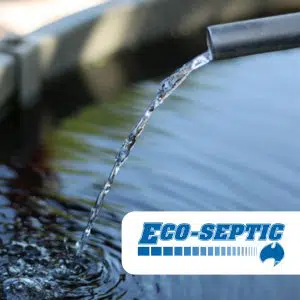How To Select The Right Wastewater Treatment System For My Home
There are a few different types of wastewater treatment systems available, and each one has its own unique benefits. We’ll take a look at some of the basic questions that will help you make your decision about what wastewater system works best for your needs.
Some of the most common types of wastewater treatment systems include:
Septic tanks
A septic tank is a large, underground tank that collects and treats wastewater from your home. They are, by far, the most popular type of wastewater system used in residential homes. Septic tanks are generally placed in areas with sandy or gravelly soil, and they drain into a leech bed where the liquids are filtered through the soil before they drain into the groundwater. Leech beds can be very large, but they must be kept clean in order to function correctly.
One of the main benefits of using a septic tank is that it’s relatively affordable to install and maintain. One of the disadvantages of septic tanks is that they often need to be replaced every 20-30 years.
Aerated water treatment systems
Aerated water treatment systems are a type of wastewater treatment system that uses air to help break down the waste and remove pollutants from the water. They are often used as a secondary wastewater treatment system to treat water that has already gone through a primary wastewater treatment system. Aerated systems are popular because they’re relatively easy to maintain and keep clean, and they don’t require electricity or running water to function properly.
One of the main benefits of aerated wastewater treatment systems is that it’s an effective way to reuse greywater from your home for things like irrigation. They can also be beneficial if you want to use rainwater for other purposes around your home. One disadvantage of aerated systems is that they may not remove many chemicals from the water, which can make them unsuitable for certain homes with very hard water.
Pump wells
Pump wells are a type of wastewater treatment system that uses a pump to move the wastewater from your home to a central treatment facility. They are often used as secondary wastewater systems, and they generally require electricity to function properly. Pump wells are popular because they don’t require too much maintenance, and can be very inexpensive to install.
One of the main benefits of pump wells is that it’s a relatively affordable way for homeowners to treat their wastewater, which makes them great for homes with lower income levels. The disadvantages of pump wells include needing electricity to operate correctly, requiring leech fields to dispose of wastewater after treatment, and not removing many different types of pollutants from the water.
Conclusion
Ultimately, the best way to decide which type of system is right for you is to ask yourself a few questions about what’s important to you. What are your needs and priorities? How much money are you willing to spend on a wastewater treatment system? What kind of maintenance are you comfortable with?
Eco-Septic is a Sydney based manufacturer specialising in commercial wastewater systems of various shapes and designs. We can provide fast and free quotes relevant to your commercial wastewater needs, all while keeping in mind individual spending capabilities. Contact us today for a fast quote at 1800 808 135 or visit us at www.ecoseptic.com.au.
We cover all Sydney suburbs as well as the regions of South Coast, Snowy Mountains, Southern Highlands, Riverina, the Blue Mountains and Hawkesbury, Laguna, North and Mid North Coast, Bateman’s Bay, Nowra, Mallacoota, Narooma, Balmora, Cobargo, Glenn Ines, Avondale, Glenmore, Mogo, Tarago, Torrumbarry, Albury, Faulconbridge, Maraylya, Sherbrooke, Strathdickie, Little Hartley, Linden, cattail, Bowen Mountain, Murwillumbah, Kyogle, Bryon Bay, Lismore, Evan Heads, Yamba, Grafton and the surrounding areas.
Related Posts
- How is the Carbon Cycle Involved in Wastewater Treatment
- Beyond the Tank: Unleashing the Potential of Treated Septic Water in Australia
- Revolutionizing Waste: AWTS Systems Pave the Way for Sustainable Living in Australian Homes
- Boosting Property Value: The Impact of a Well-Maintained Septic Tank in the Sydney Real Estate Market
- What Happens to the Waste When a Septic Tank is Full?
- Concrete septic tanks for new home owners
- All You Need to Know About Septic Tanks in Sydney
- What Is The Difference Between Sewage And Refuse






